Seeds have become the current health trend, and if you've gone to the grocery store in the last few years, you've certainly noticed the various sorts of seeds available. These seeds and beverages as well as stand-alone packs and health bars are available.
Seeds are the reproductive unit of a plant, and their sources are as varied as their shapes and hues. Each seed is distinct from the others and provides a particular set of nutritional benefits. They're a great alternative to nuts because they're usually lower in fat and easier to digest.
Below is a list of 9 different types of powerful seeds that have the most health benefits:
Chia Seeds
Among all the seeds, chia seeds are the most popular. Despite their origins in Central America, they can now be found all over the world. Fibre, protein, calcium, magnesium, manganese, and phosphorus are all found in them, making them a nutritious powerhouse. In addition, they have a good amount of zinc, vitamin B3, potassium, and vitamin B1. This makes them one of the greatest nutrient sources on the planet. They're high in antioxidants, which aid to slow down the indications of ageing, resulting in younger-looking skin and hair. They may even lower the risk of cancer because they are one of the few foods high in omega-3 fatty acids. Chia seeds can aid in the treatment of depression, enhance sleep, and lower the risk of heart disease. Its fibre benefits in weight loss by making you feel fuller for extended periods of time, as well as maintaining healthy gut health. Chia seeds can be added whole or ground to smoothies and juices, mixed into yoghurt or cereal, or simply sprinkled on top of a salad to reap the benefits.
 |
| Chia Seeds |
Pumpkin Seeds
When carving a pumpkin, you may have come across these hard white seeds. They're oval-shaped and flat green. Pumpkin seeds are high in fibre, carbohydrates, protein, fat, Vitamin K, iron, zinc, and copper, all of which are beneficial to your health. Pumpkin seed-rich diets have been demonstrated to lower the incidence of stomach, breast, lung, prostate, and colon cancers in studies. Because magnesium is abundant, which is required for over 600 chemical processes in the body. Pumpkin seeds aid in blood pressure control, lowering the risk of heart disease. Healthy bone formation and maintenance, as well as blood sugar regulation
 |
| Pumpkin Seeds |
Flax Seeds
Scientific research has identified flax seeds as a superfood with numerous health advantages. They're high in omega-3 fatty acids, which aid in inflammation reduction. It also makes them advantageous for those with hypertension and high blood pressure. Protein, carbohydrates, fibre, iron, and calcium are all present, as well as Vitamin B1, B6, potassium, and phosphorus. As a result, they're excellent in lowering cholesterol and protecting your heart. Flaxseed is also abundant in lignans, which aid in the prevention of prostate and breast cancer. Lignans help to prevent diabetes by increasing insulin resistance and regulating blood sugar levels. Ground flaxseed is more useful than whole flaxseed or flaxseed oil. This is because grinding improves nutritional absorption. It can be consumed as a beverage by mixing it with water, cereal, a shake, or a smoothie. It can be used in baked goods, yoghurt, and even salads.
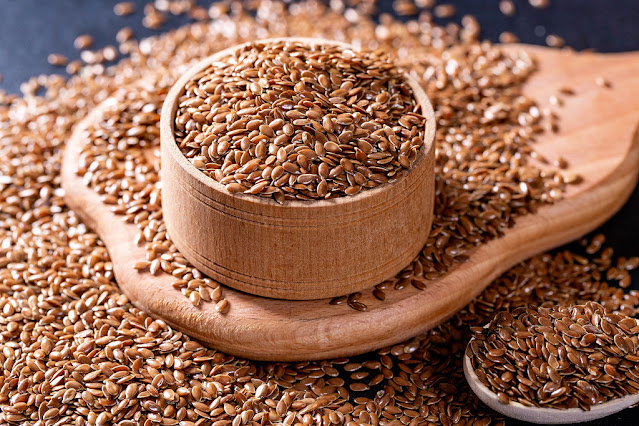 |
| Flax Seeds |
Sesame Seeds
The Egyptians employed the sesame seed as a medicine, thousands of years ago. It's high in Complex B Vitamins including Thiamine, Niacin, and Folic acid, all of which are beneficial to your hair, skin, and eyes. Sesame seeds are high in calcium and zinc, both of which are essential for strong, healthy bones. Sesame seeds are a common part of an older person's diet since they can help prevent osteoporosis when eaten regularly. Sesame seeds have been found in studies to help lower excessive cholesterol and triglycerides, both of which are risk factors for heart disease. Sesame seeds can also be used to provide a nutty taste and a mild crunch to a variety of meals. Roasting sesame seeds at 350 degrees for a few minutes, stirring periodically until they attain a light golden brown colour, improves their flavour and nutrient availability. You may put it in smoothies, salads, stir-fries, and crackers after that.
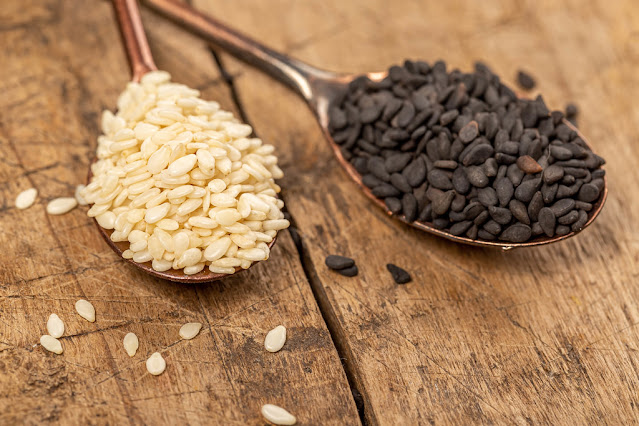 |
| Sesame Seeds |
Hemp Seeds
Hemp seeds are the seeds of hemp plants and are regarded as a superfood since they contain about 35% necessary fatty acids and 33% plant protein. They also provide dietary fibre and all nine essential amino acids. Arginine, one of the nine amino acids, is important for the body's generation of nitric oxide, which enables blood vessels to widen and relax, decreasing blood pressure and lowering your risk of heart disease. They're a good source of dietary fibre, both soluble and insoluble. Soluble fibre can help keep your digestion in check by adding bulk to your stools. With a high-fat content, the combination of soluble and insoluble fibre promotes the growth of good bacteria in the gut. Particularly omega-3 and omega-6 fatty acids. Hemp seeds are widely utilised in cosmetics because of their ability to penetrate the skin's layers and promote cell growth. Regularly eating these seeds can assist to heal and moisturise dry and damaged skin. Hemp seeds can be added to your diet by blending them into smoothies, sprinkling them on a salad, or making your own with milk.
 |
| Hemp Seeds |
Sunflower Seeds
Sunflower seeds are becoming more popular among health-conscious individuals. They can relax your brain and improve your mood. The high concentration of tryptophan in sunflower seeds accounts for this characteristic. When you eat meals that contain tryptophan, your brain serotonin levels rise. Serotonin relaxes the body by reducing tension. Choline, which is abundant in these seeds, is essential for memory and eyesight. It also contains high quantities of betaine, which helps to prevent heart disease. Lignans help to maintain blood cholesterol levels in check, which helps to avoid heart attacks and atherosclerosis. It can be sprinkled over salads and used in muffins, pastries, bread, and homemade granola.
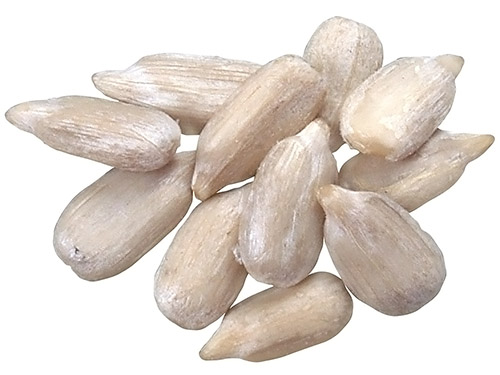 |
| Sunflower seeds |
Poppy Seeds
The oilseed obtained from the famed opium poppy is known as a poppy seed. But let's be clear: these seeds don't have any narcotic characteristics, and they're actually quite nutritious and healthy. Poppy seeds contain enough iron to boost your haemoglobin production and blood flow. Improved cognitive function and a reduction in cognitive illnesses such as Alzheimer's disease and dementia can both be attributed to adequate oxygen and iron levels in the brain. Because of its high magnesium concentration, it can also help you sleep better. It's a mineral that's been connected to bettering the quality, length, and calmness of your sleep. Poppy seeds help to balance your metabolism, which helps to prevent sleep disorders and insomnia. These seeds contain copper and iron, making them beneficial against ailments such as anaemia, tiredness, and muscle weakness. These minerals can also be baked into bagels, bread, buns, and rolls to create new red blood cells. It's also good in cakes, muffins, salad dressings, and granola.
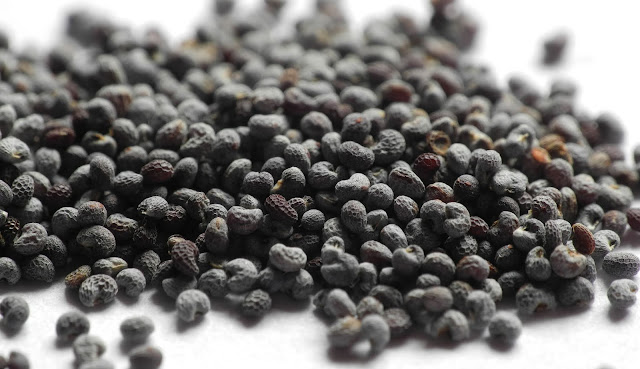 |
| Poppy seeds |
Pomegranate Seeds
These seeds, which appear as little red gems when you split open a pomegranate, are packed with health benefits. Pomegranate seeds have been demonstrated in studies to dramatically lower the intensity of our right as' and joint inflammation. These seeds are high in flavonoids, which are antioxidants that work as anti-inflammatory agents and help to relieve arthritis and joint discomfort. Breast cancer cells are inhibited by pomegranate seeds. Punic acid is an Omega 5 long-chain polyunsaturated fatty acid that has been demonstrated to slow the growth of breast cancer cells. Pomegranates contain hundreds of bioactive chemicals that promote the growth of probiotic microorganisms in your body. This improves the effectiveness of antibiotics in combating bacterial infections. A cup of pomegranate seeds can be scooped out and added to salads, yoghurt, porridge, desserts, or whatever else you like.
 |
| Pomegranate Seeds |
Quinoa Seeds
Quinoa is gluten-free, high in protein, and one of the few plant foods that contain all nine essential amino acids at inadequate levels. It also contains a lot of fibre, magnesium, B vitamins, iron, potassium, calcium, phosphorus, vitamin E, and antioxidants. Quinoa is a grain crop farmed for its edible seeds. It's spelt KEEN-wah.
Quinoa and quinoa-based goods are now widely available around the world, particularly in health food stores and restaurants that focus on natural cuisine. White, red, and black are the three primary varieties. This contains 222 calories, 39 grammes of carbohydrates, and 4 grammes of fat. There is also a little quantity of omega-3 fatty acids in it. Quinoa is gluten-free, non-GMO, and typically farmed organically. Even though it isn't officially a cereal grain, it is nevertheless a whole-grain food. Quinoa can be blended into any beverage or substituted for oatmeal. Quinoa can be used in salads, desserts, and soups.
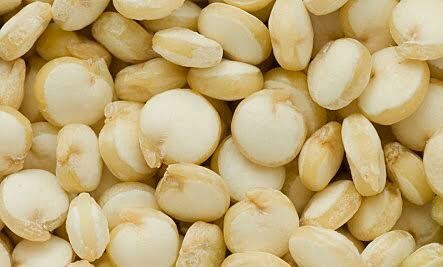 |
| Quinoa Seeds |
Points to consider
Tomato Seeds
Tomato seeds are high in dietary fibre, vitamin A, and C, but they're difficult to digest, thus they're normally eaten powdered after drying! There have been various disputes recently about whether or not you should eat tomato seeds, as one study suggests that they are a healthier alternative to aspirin!
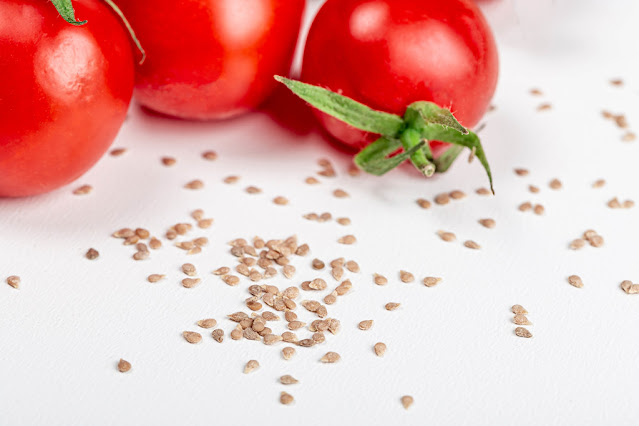 |
| Tomato seeds |
Apple Seeds
The outer coating of apple seeds, like many other fruit seeds or pits, is tough and resistant to digestive processes. However, if you chew the seeds, amygdalin may be released into the body, resulting in the production of cyanide. Enzymes in your body can cleanse little amounts. Large doses, on the other hand, can be harmful.
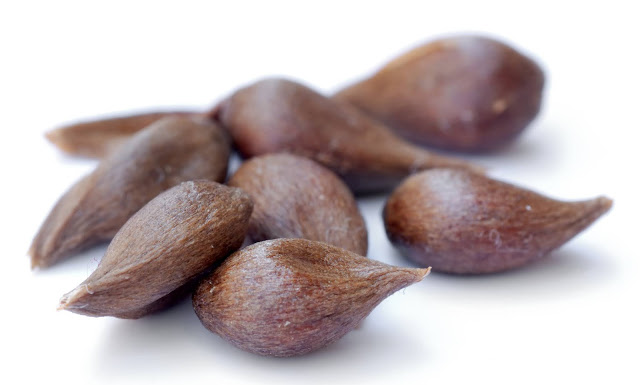 |
| Apple Seeds |

No comments:
Post a Comment